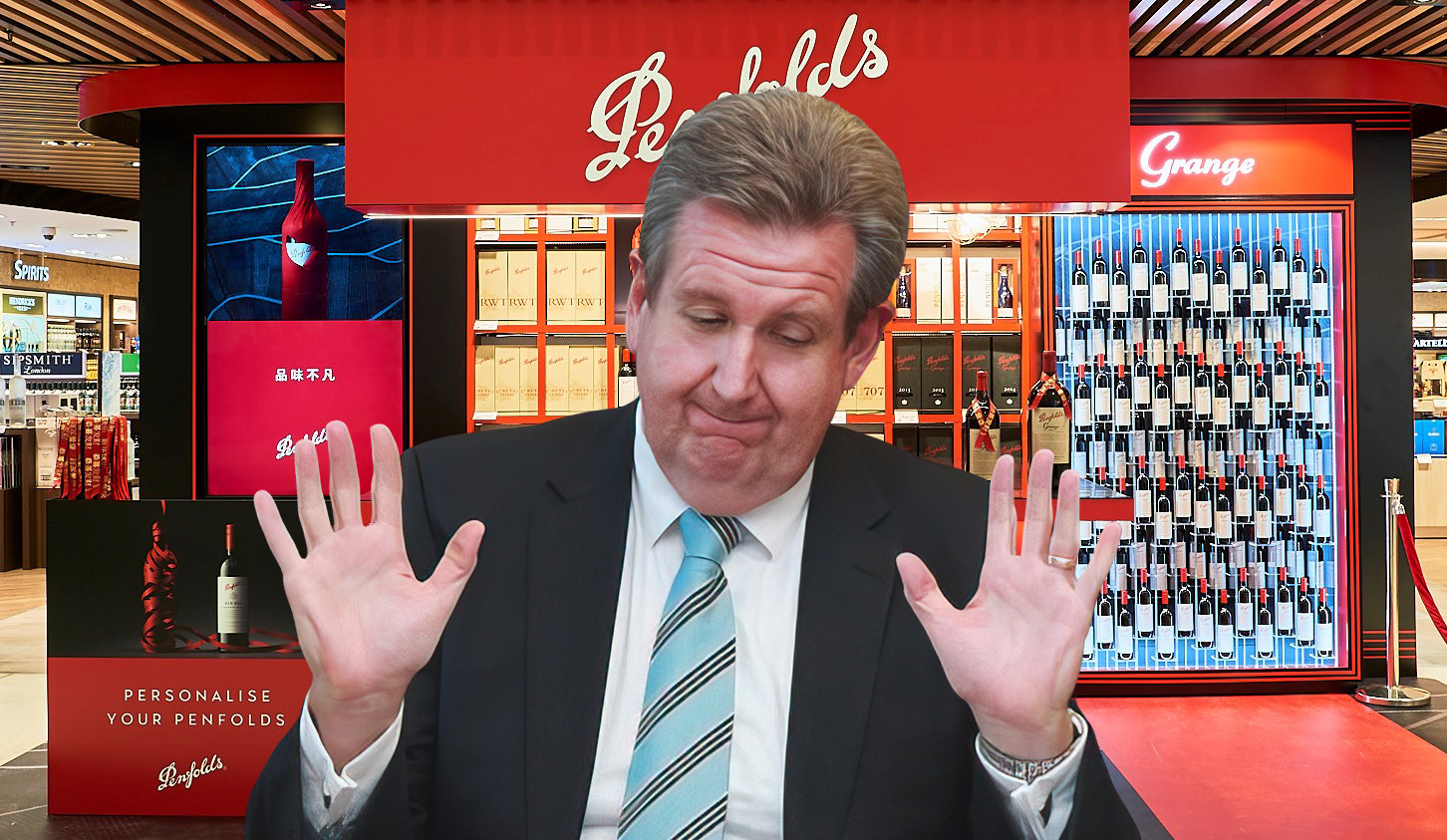Ik begrijp de weerstand van sommige om dit onderwerp hier te bespreken, het heeft wat ingrediënten om vervelend te worden.
Maar zoals
@Zwerver aangeeft, geef het een kans. Waarom? Om dat naast al het moois wat we hier meestal delen, Australia ook zijn ugly side heeft. En als we toekomstige migranten een eerlijk beeld van Australia willen geven is zo'n discussie, mits binnen de lijntjes waardevol.
Los wat ik van deze ene meneer vind en de zaak, het highlight een cultuur van (toxic) masculinity en white male entitlement die in Australia veel sterker is dan in vergelijking NL of de Scandinavische landen.
Zie bijvoorbeeld: 6D-Model.
https://www.hofstede-insights.com/country-comparison/
View attachment 1386
GEERT HOFFSTEDE - 6 D MODEL
MASCULINITY
A high score (Masculine) on this dimension indicates that the society will be driven by competition, achievement and success, with success being defined by the “winner” or “best-in-the-field.” This value system starts in school and continues throughout one’s life – both in work and leisure pursuits.
A low score (Feminine) on the dimension means that the dominant values in society are caring for others and quality of life. A Feminine society is one where quality of life is the sign of success and standing out from the crowd is not admirable. The fundamental issue here is what motivates people, wanting to be the best (Masculine) or liking what you do (Feminine).
Australia scores 61 on this dimension and is considered a “Masculine” society. Behavior in school, work, and play are based on the shared values that people should “strive to be the best they can be” and that “the winner takes all”. Australians are proud of their successes and achievements in life, and it offers a basis for hiring and promotion decisions in the workplace. Conflicts are resolved at the individual level and the goal is to win.
The Netherlands scores 14 on this dimension and is therefore a Feminine society. In Feminine countries it is important to keep the life/work balance and you make sure that all are included. An effective manager is supportive to his/her people, and decision making is achieved through involvement. Managers strive for consensus and people value equality, solidarity and quality in their working lives. Conflicts are resolved by compromise and negotiation and Dutch are known for their long discussions until consensus has been reached.
Zie ook bijvoorbeeld:
View attachment 1387
Sommige voorbeelden/gevolgen van deze cultuur zijn de schokkende cijfers van het aantal vrouwen wat vermoord wordt door de partner wat de laatste jaren gemiddeld meer dan 1 per week is. (
https://www.theguardian.com/comment...-week-in-australia-we-need-federal-leadership)
Je ziet de male entitlement ook in het gedraai en gekeer in parlement rondom sexual harassment en workplace culture. Barnaby Joyce, Alan Tudge, Christian Porter. Zij zitten allemaal nog op hun plek terwijl de vrouwen in hetzelfde schandaal van carrière moeten wisselen, uitgerangeerd zijn of erger. Dit patroon herhaald zich keer op keer. De message die het uitstraalt is dat je als man met bepaalde dingen weg kunt komen. Boys will be boys...
Dit is verweven in de Australische cultuur, en omdat te doorbreken zullen er 'leiders' moeten zijn die de weg laten zien. En waar nodig zichzelf opofferen voor het grotere goed. (In Nederland valt een minister soms al als zijn
voorganger een blunder gemaakt heeft. Ministeriele verantwoordelijkheid heet dat. The bucket stops somewhere. Daarmee geef je het signaal af dat je
rol als minister meer betekent dan jouw persoon. )
Ik woon hier fijn, en vind Australia een fijn land. Maar zoals in elke 'relatie', er zijn ook mindere puntjes. Milieu, corruptie, en toxic masculinity zijn er een paar van, met helaas regelmatig vreselijke gevolgen. Ergens moet die cirkel doorbroken worden en signalen afgegeven gaan worden dat het anders moet en kan. En waar beter te beginnen dan bij onze leiders.


 chaser.com.au
chaser.com.au





